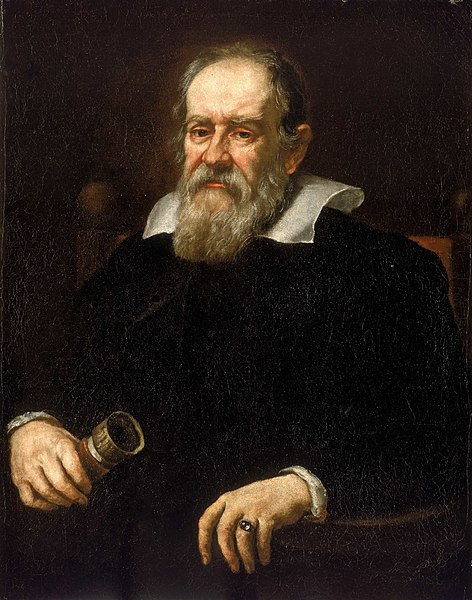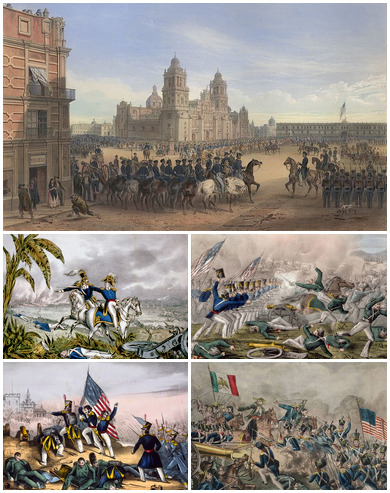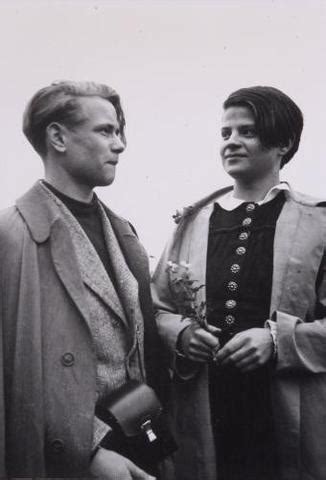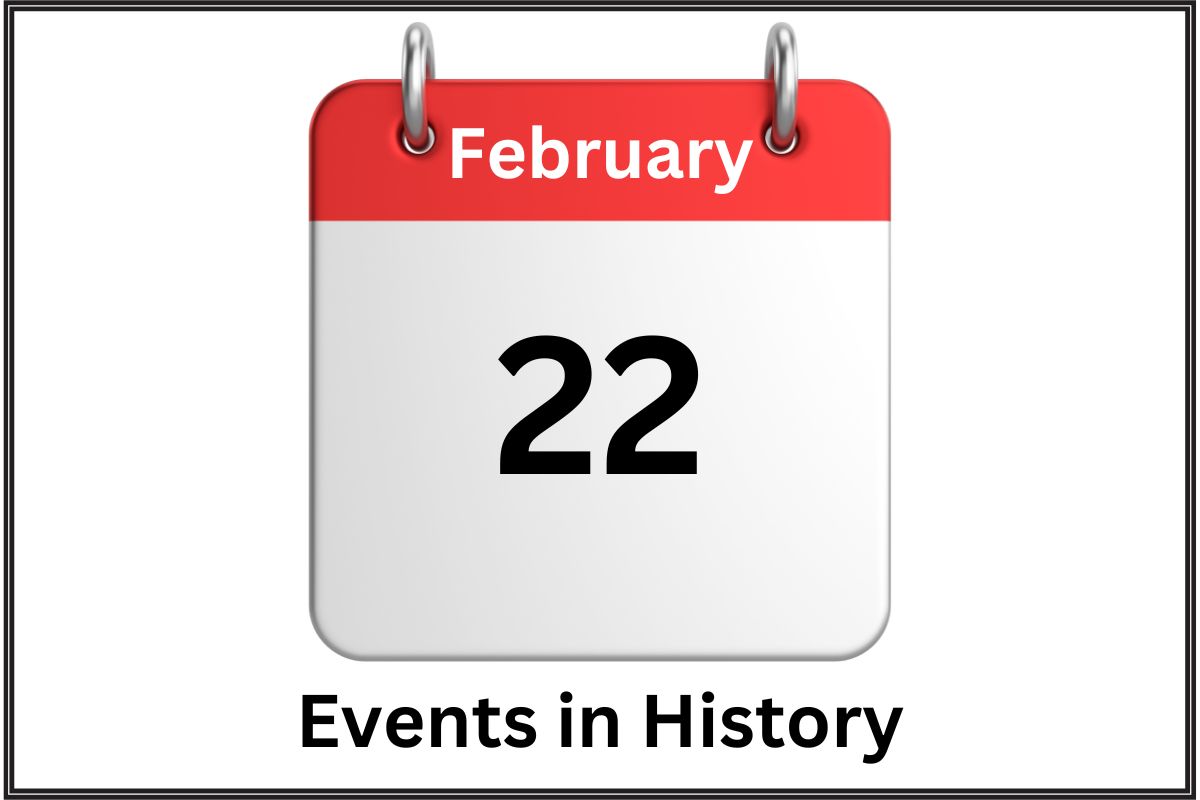This article explores twenty significant events that occurred on February 22nd, highlighting the diverse tapestry of human history.
From scientific breakthroughs and political upheavals to cultural milestones and acts of resistance, each event showcases a unique aspect of humanity’s relentless pursuit of progress, power, and freedom.
As we journey through these historical moments, we gain insight into the enduring impact of these events on our world, shedding light on the complexities and achievements of the human experience.
February 22nd Events in History
1632 – Galileo’s Dialogue Concerning the Two Chief World Systems, which compares the Copernican system with the traditional Ptolemaic system, is published
Galileo Galilei’s seminal work, Dialogue Concerning the Two Chief World Systems, was published in 1632. This book presented a comparative analysis of the Copernican system, which posited that the Earth and other planets orbit the Sun, against the traditional Ptolemaic model, which held that the Earth was the center of the universe.
Also Read: February 21 – On this Day in History
Galileo’s support for the Copernican system, presented in the form of a conversation among three individuals, was groundbreaking. It played a significant role in the scientific revolution, challenging established astronomical theories and contributing to the development of modern science.
However, this publication also led to Galileo’s trial by the Inquisition and his subsequent house arrest for heresy, as it was seen as a direct challenge to the teachings of the Catholic Church.

1744 – War of the Austrian Succession: The Battle of Toulon begins, marking a key naval engagement between British and Spanish forces
The Battle of Toulon was a naval engagement that took place from February 22 to February 23, 1744, during the War of the Austrian Succession. It involved a British fleet attempting to prevent a Spanish fleet, allied with the French, from entering the Mediterranean Sea.
The battle was indecisive but demonstrated British naval tactics and firepower. The strategic significance of the battle was in its prevention of the Spanish fleet from joining forces with the French, thus altering the course of naval operations in the Mediterranean during the war.
1775 – The British Parliament declares Massachusetts in rebellion
On February 22, 1775, in response to growing unrest and the actions of the Massachusetts Provincial Congress, the British Parliament declared the colony of Massachusetts to be in a state of rebellion.
This declaration was a reaction to the increasingly defiant acts of the American colonists, including the organization of militia and the accumulation of arms and ammunition.
Also Read: February 23rd Events in History
This action by Parliament marked a significant escalation in the conflict between Britain and its American colonies, setting the stage for the outbreak of the American Revolutionary War just a few months later, in April 1775.
1819 – The Adams-Onís Treaty is signed, whereby Spain sells Florida to the United States for five million U.S. dollars
The Adams-Onís Treaty, also known as the Transcontinental Treaty, was signed on February 22, 1819, between Spain and the United States.
This agreement, negotiated by Secretary of State John Quincy Adams and Spanish minister Luis de Onís, involved Spain ceding Florida to the United States in exchange for the United States assuming $5 million of claims by American citizens against Spain.
Additionally, the treaty established a boundary between the Spanish colony of New Spain (now Mexico) and the United States, clarifying the borders of the Louisiana Purchase. This treaty is significant for the territorial expansion of the United States and for setting the stage for further westward expansion.
1847 – Mexican–American War: The Battle of Buena Vista – 5,000 American troops defeat 15,000 Mexicans
The Battle of Buena Vista took place on February 22-23, 1847, during the Mexican-American War. It occurred near Monterrey, in the Mexican state of Coahuila.
The battle was one of the largest and most dramatic engagements of the war, involving approximately 5,000 U.S. troops under General Zachary Taylor against a Mexican force of around 15,000 commanded by General Antonio López de Santa Anna.
Despite being heavily outnumbered, the American forces managed to hold their ground and eventually forced the Mexican troops to withdraw. The victory at Buena Vista boosted American morale and significantly contributed to Zachary Taylor’s popularity, eventually helping him win the presidency in 1848.

1856 – The United States Republican Party opens its first national meeting in Pittsburgh, Pennsylvania
The Republican Party, founded in the mid-19th century as a coalition opposed to the expansion of slavery into new territories and states, held its first national meeting on February 22, 1856, in Pittsburgh, Pennsylvania.
This meeting was significant as it marked the formal organization and unification of various anti-slavery groups into a single political entity. The convention set the stage for the party’s national convention in Philadelphia later that year, where John C. Frémont was nominated as the party’s first presidential candidate.
The establishment of the Republican Party was a pivotal moment in American politics, leading to the eventual election of Abraham Lincoln in 1860 and the Civil War.
1879 – In Utica, New York, Frank Woolworth opens the first of many of 5 and dime Woolworth stores
On February 22, 1879, Frank Winfield Woolworth opened his first store in Utica, New York, introducing the concept of selling items for just 5 and 10 cents. Though this first store failed, Woolworth refined his approach and opened another store in Lancaster, Pennsylvania, which became a success.
This innovative retail concept of fixed prices significantly changed the shopping experience, making goods more accessible to the general public and leading to the expansion of the Woolworth brand across the United States and eventually internationally.
Woolworth’s stores became a staple of American retail and set the stage for modern department stores and discount retailing.
1889 – President Grover Cleveland signs a bill admitting North Dakota, South Dakota, Montana, and Washington as U.S. states
On February 22, 1889, President Grover Cleveland signed the Omnibus Bill, which set the stage for the admission of North Dakota, South Dakota, Montana, and Washington into the Union. This act was part of a larger wave of westward expansion and statehood admissions that occurred towards the end of the 19th century.
The signing of the bill reflected the growing American desire to settle the western territories and incorporate them into the United States, driven by factors such as the discovery of precious metals, agricultural opportunities, and the belief in Manifest Destiny. These states officially joined the Union later in the year, contributing to the shaping of the modern United States.
1909 – The Great White Fleet, the first U.S. fleet to circle the globe, returns to Virginia
The Great White Fleet, a powerful United States Navy squadron, completed its circumnavigation of the globe and returned to Virginia on February 22, 1909. This fleet, consisting of 16 battleships painted in white peace colors, set sail on December 16, 1907, under the orders of President Theodore Roosevelt.
The journey was a demonstration of the United States’ burgeoning naval power and its global reach. The voyage covered 43,000 nautical miles and included stops in the Caribbean, South America, Australia, Asia, and Africa before returning to the United States.
The successful completion of this journey marked a significant moment in U.S. military history and played a crucial role in establishing the United States as a global naval power.
1924 – U.S. President Calvin Coolidge becomes the first President to deliver a radio broadcast from the White House
On February 22, 1924, President Calvin Coolidge made history by delivering the first radio broadcast from the White House. This broadcast, heard by millions of Americans, marked a pivotal moment in the relationship between the presidency and mass media.
Coolidge’s address demonstrated the power of radio as a means of direct communication between the government and its citizens, fundamentally changing how presidents reached out to the American public and set a precedent for future presidential communications.
This event is significant for illustrating the evolving nature of presidential leadership and the increasing importance of media in American political life.

1943 – World War II: Members of the White Rose resistance, Sophie Scholl, Hans Scholl, and Christoph Probst are executed in Nazi Germany
On February 22, 1943, Sophie Scholl, Hans Scholl, and Christoph Probst, core members of the White Rose resistance group, were executed by guillotine in Munich, Germany. The White Rose was a non-violent, intellectual resistance group in Nazi Germany, consisting of students from the University of Munich and their professor.
They were known for their anonymous leaflet and graffiti campaign, which called for active opposition to Adolf Hitler’s regime. Their sixth and final leaflet, denouncing the genocide of the Jews and the brutality of the war, led to their arrest.
Their courage and moral conviction have made them symbols of resistance against tyranny and injustice across the world.
1958 – Egypt and Syria join to form the United Arab Republic
The United Arab Republic (UAR) was a political union between Egypt and Syria proclaimed on February 22, 1958. This union was an attempt to create a single Arab state, with Gamal Abdel Nasser, the President of Egypt, as its president.
The UAR was a significant step towards Arab unity, reflecting the pan-Arab sentiment prevalent in the mid-20th century. However, the union was short-lived, with Syria seceding in 1961 due to political differences and dissatisfaction with Egyptian dominance in the union. Despite its brief existence, the UAR remains a notable experiment in Arab political unity.
1959 – Lee Petty wins the first Daytona 500
The first Daytona 500, held on February 22, 1959, was won by Lee Petty, one of the pioneers of stock car racing.
The race took place at the Daytona International Speedway in Daytona Beach, Florida. It was a closely contested event, with the winner not officially declared until three days after the race due to a photo finish between Petty and Johnny Beauchamp.
This inaugural race of the Daytona 500 marked the beginning of what would become one of the most prestigious and celebrated events in the world of motorsports, drawing drivers and fans from across the globe.
1974 – Samuel Byck attempts to hijack an airplane in an effort to crash it into the White House to assassinate President Richard Nixon
On February 22, 1974, Samuel Byck, a disgruntled American citizen, attempted to hijack a commercial airplane at Baltimore/Washington International Airport with the intention of crashing it into the White House to assassinate President Richard Nixon.
Byck killed a police officer and a pilot before he was wounded by police and subsequently committed suicide. This incident highlighted the potential vulnerabilities in airline security and the lengths to which individuals might go to target political leaders.
It also contributed to the tightening of security measures around air travel and the protection of high-profile political figures.
1980 – The United States ice hockey team defeats the Soviet Union in the Miracle on Ice during the Winter Olympics in Lake Placid, New York
On February 22, 1980, during the Winter Olympics in Lake Placid, New York, the United States men’s ice hockey team, composed largely of amateur players, achieved what is considered one of the greatest upsets in sports history by defeating the Soviet Union team, which was regarded as the best in the world.
The game’s outcome was unexpected and symbolized a moment of patriotic pride for the United States during a time of Cold War tensions.
The victory was dubbed the “Miracle on Ice,” and the U.S. team went on to win the gold medal by defeating Finland in their final game. This event remains a significant moment in Olympic history and American sports.
1986 – Start of the People Power Revolution in the Philippines
The People Power Revolution, also known as the EDSA Revolution, began on February 22, 1986, and lasted until February 25, 1986.
It was a series of popular demonstrations in the Philippines, mostly in Metro Manila, that led to the departure of President Ferdinand Marcos and the restoration of democracy in the country. The movement was characterized by a peaceful mass gathering that drew millions of Filipinos from various walks of life.
They were united in their demand for the end of Marcos’s two-decade rule, which was marred by human rights abuses and corruption. The revolution was a pivotal moment in Philippine history and is remembered for its peaceful approach to achieving political change.
1997 – In Roslin, Scotland, scientists announce that an adult sheep named Dolly has been successfully cloned
On February 22, 1997, scientists at the Roslin Institute in Scotland announced the birth of Dolly the sheep, the first mammal to be cloned from an adult somatic cell, using the process of nuclear transfer. Dolly’s birth, which actually occurred on July 5, 1996, demonstrated that specialized cells could be used to create an exact copy of the animal they came from.
This breakthrough had significant implications for genetics, medicine, and ethics, sparking a global debate on the potential and the perils of cloning. Dolly lived for six years before being euthanized due to health problems, but her legacy continues to influence the fields of stem cell research and genetic engineering.
2002 – Angolan political and rebel leader Jonas Savimbi is killed in a military ambush
Jonas Savimbi, the charismatic and controversial leader of UNITA (National Union for the Total Independence of Angola), was killed in combat by Angolan government troops on February 22, 2002.
His death marked a turning point in the Angolan Civil War, a protracted conflict that had ravaged the country since its independence from Portugal in 1975.
Savimbi’s death led to the acceleration of peace talks and the signing of a ceasefire a few months later, bringing an end to one of Africa’s longest and most devastating conflicts. The civil war left hundreds of thousands dead and displaced a significant portion of Angola’s population.
2011 – New Zealand’s second deadliest earthquake strikes Christchurch, killing 185 people
On February 22, 2011, Christchurch, the largest city on New Zealand’s South Island, was struck by a magnitude 6.3 earthquake.
The quake was one of the country’s deadliest natural disasters, killing 185 people and injuring thousands. Significant parts of the city were destroyed, including historic buildings and homes, and the recovery and rebuilding efforts have been extensive and ongoing.
The earthquake deeply affected New Zealand’s national identity and brought about changes in building codes and earthquake preparedness strategies, highlighting the country’s vulnerability to seismic activity.
2014 – Ukrainian Revolution: After a period of violent protests, the Ukrainian parliament votes to remove President Viktor Yanukovych from office
Amidst the Euromaidan protests, the Ukrainian parliament voted on February 22, 2014, to remove President Viktor Yanukovych from office. This decision came after months of civil unrest and demonstrations against Yanukovych’s government, sparked initially by his refusal to sign an association agreement with the European Union, opting instead for closer ties with Russia.
The parliament’s vote was a pivotal moment in the Ukrainian crisis, leading to significant political and territorial changes in the country, including Russia’s annexation of Crimea and the outbreak of conflict in Eastern Ukraine. Yanukovych’s removal set the stage for a new phase in Ukrainian politics and its relations with both Russia and the West.
